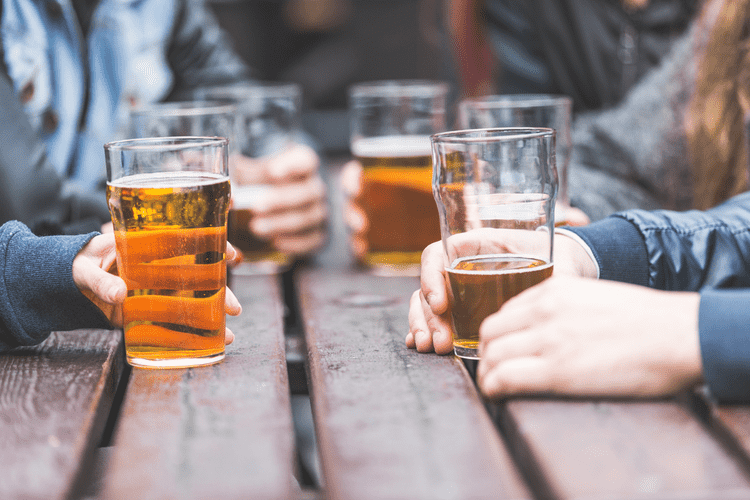They can provide personalized advice to keep you healthy and ensure that alcohol does not interfere with any prescribed medications. While a person with diabetes can normally tell when they are experiencing low blood sugar, alcohol consumption can make it difficult to recognize these symptoms. Consequently, BDNF have an important physiological function in alcohol metabolism, as well as roles in glucose metabolism and insulin resistance. Alcohol dependent subjects were found to have decreased plasma BDNF levels and impaired insulin resistance, which is a major pathogenic feature of T2DM. This might indicate that BDNF may be linked to the pathophysiology of T2DM after alcohol use. One mechanism through which chronic use of alcohol might affect numerous processes that are aligned with neuroendocrinology of T2DM is through the alteration of appetite regulating peptides, particularly, ghrelin and leptin.
Diabetes Medications
Second, we included articles that ascertained their cases via self-report. Nevertheless, we observed only a minimal variation when we selected studies that used only objective measurement to identify T2DM cases. Third, alcohol consumption was measured based on self-report, which may be subjective and may underestimate the true alcohol use, potentially leading to biases (36). However, self-reported measures have been shown to be valid overall (37).
The 10 Best Types of Alcohol for People with Diabetes
Food slows down the rate at which alcohol is absorbed into the bloodstream. Be sure to eat a meal or snack containing carbohydrates if you are going to drink alcohol. Warehousing glycogen, the stored form of glucose, is among diabetes and alcohol the many tasks your liver performs.
- In contrast, Li et al. (6) found a lower risk of T2DM with low and moderate alcohol use in both sexes.
- One of the main risks of alcohol-induced hypoglycemia is hypoglycemic unawareness, a condition in which someone with diabetes cannot recognize an episode of low blood sugar.
- Your liver releases glucose into your blood stream as needed to help keep your blood sugar at normal levels.
- The reasons underlying defective insulin secretion and insulin resistance, which are still under investigation, are complex and beyond the scope of this article (for a review, see DeFronzo 1997).
What are the recommended alcohol guidelines for people with diabetes?
For example, Arky and colleagues (1968) studied five diabetics who experienced severe hypoglycemia after ingesting alcohol. In all five patients, the alcohol-induced hypoglycemia induced neurological changes, such as incontinence, inability to follow simple commands, perseveration,4 disorientation, and impairment of recent memory. In three patients, those changes did not reverse, even after months or alcoholism years.
Mitigating the Risks of Drinking Alcohol for People With Diabetes
Dessert wines, such as vermouth, port, and sherry, are also high in carbs. As the name of these drinks implies, people typically serve them after a meal. Research also indicates that flavonoids, which are found in red wine, can reduce the risk of diabetic retinopathy, a diabetes-related complication that damages blood vessels in the eyes. Busch beers are good alternatives for people with diabetes due to the low carb content of most of the brand’s products — including their beers that are not branded as low carb. This alcohol-induced hypoglycemia may have a delayed effect, hitting you after you’ve stopped drinking, possibly after you’ve fallen asleep, or even during the next day. Emergency glucagon kits work because glucagon is a hormone that tells your liver to release a large amount of stored glycogen.


These studies suggest that better glycemic control improves cognition and that there is a cognitive benefit to improving BDNF level in T2DM. The fact that alcohol induced brain damages and cognitive dysfunction might precede other complications of alcohol, strongly suggests the need for research on their relationship. Alcohol-induced brain damages were commonly observed in otherwise, uncomplicated alcoholics 58. Thus, brain is one of the most vulnerable organs from alcohol-induced toxicity. Hypoglycemia is defined as a state in which there are neuroglycopenic symptoms concurrent with a low blood glucose level.

